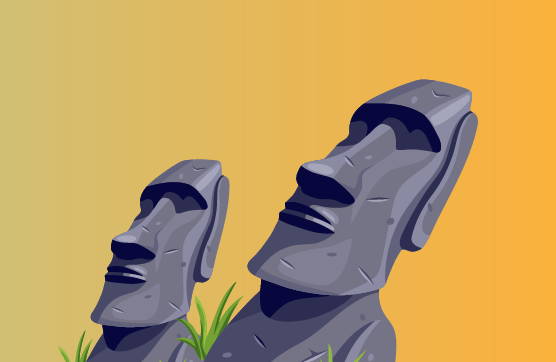Thành tích học sinh


Tên học sinh
Lâm Ngọc Thảo Lam
Subject
Score:
IB Math AA HL
7/7
IB Physics HL
7/7
IB Chemistry HL
7/7
IB Economics SL
6/7


Tên học sinh
Võ Lê Minh Sơn
Subject
Score:
IB Math AI HL
6/7
IB Economics HL
6/7


Tên học sinh
Huỳnh Thiên Thanh
Subject
Score:
IB Math AA SL
6/7
IB Chemistry SL
6/7


Tên học sinh
Nguyễn Hà Diệu Anh
Subject
Score:
A Level Physics
B
A Level Economics
A


Tên học sinh
Lưu Anh Vũ
Subject
Score:
A Level Math
A

 Tiếng Việt
Tiếng Việt  English
English








